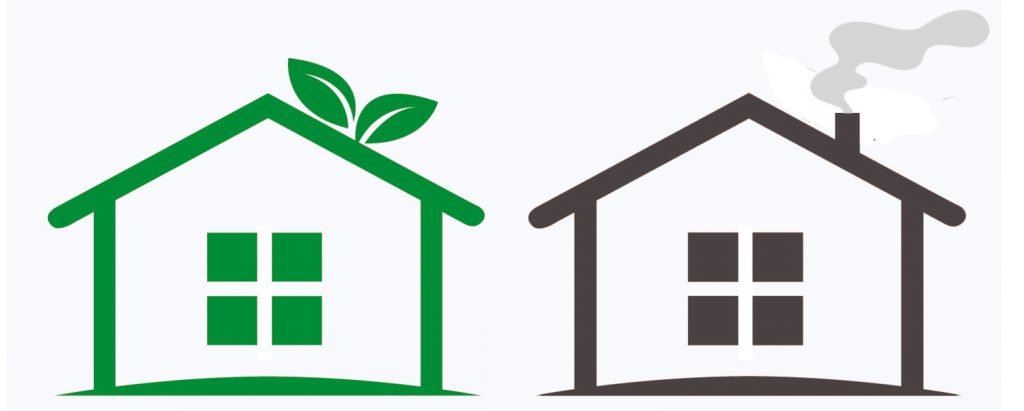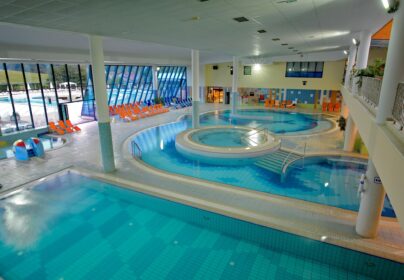![]()
It concerns small particles and droplets of organic and inorganic origin that float in the air. Recent studies show how this fine dust is harmful to health, causing and negatively impacting the development of cardiovascular diseases, adverse effects on the brain, and influencing conditions such as Parkinson’s and Alzheimer’s diseases. According to experts, inhaling fine dust should be particularly avoided by children, older adults, pregnant women, and individuals with respiratory problems such as asthma. Fine particles cause irritation of the respiratory organs, inflammation, coughing, etc.
DUST IS ALSO GENERATED DUE TO HUMAN ACTIVITIES
Dust is produced both due to natural processes in the environment and human activities. Dust resulting from human activities includes dust from small heating devices such as boilers, stoves, stoves, fireplaces, etc. (in addition to particles from internal combustion engines, such as cars, trucks, trains, airplanes…, particles from agriculture in food production, construction sites, cement production, power plants…).
High concentrations of fine dust particles with the abbreviations PM10 and PM2.5 in the air are becoming an increasingly serious problem in numerous Slovenian settlements, valleys, and especially basins. These values, especially in winter, tend to increase, with the cause being individual heating sources. The Environmental Agency records most of the daily exceedances of allowed values in the autumn-winter months, and the main source of additional air pollution is small heating devices (especially those that are neither properly nor regularly maintained).
The Chimney Sweep Section also warns of issues related to inappropriate fuels, such as lower-quality wood, damp wood, low-quality wood chips, waste, and adhesives in heating devices, etc. The reduction of solid particle PM emissions by installing heat pumps is one of the possible solutions.

REDUCTION OF PM SOLID PARTICLES WITH THE INSTALLATION OF HEAT PUMPS
Heat pumps are an extremely clean source of heating as they do not produce any solid particles during their operation. Heat pumps are the only technology that allows these emissions to be channeled into power plants, which have significantly higher combustion efficiency of these fuels. Additionally, power plants filter flue gases to further reduce emissions of hazardous substances (SO2, NOX, PM solid particles).
Additionally, heat pumps harness ambient heat, meaning that the emission of hazardous substances is further reduced by the efficiency factor of the heat pump. For example, to obtain 10 kWh of heat in a traditional solid fuel heating system, we need to burn x kg of fuel. Assuming that the electricity supply for the heat pump comes exclusively from coal-fired power plants, for the same amount of heat, i.e., 10 kWh, we would need a maximum of 1/3, and in the case of a good heat pump, only 1/5 of the fuel compared to a traditional heating system. Only based on this calculation, emissions of hazardous substances can be drastically reduced. If we also consider that flue gases are filtered in power plants and that the share of electricity from power plants in Slovenia is only approximately 35%, emissions of hazardous substances can be further reduced by at least 4 times compared to traditional heating systems. It follows that emissions of hazardous substances due to heat pumps are at least 12 times smaller in the worst case than in a traditional heating system. As fuel combustion occurs outside densely populated areas, concentrations of hazardous substances in populated areas are consequently lower.
Heat pumps are also the only technology that will inherently become cleaner in the future. Each already installed heat pump will contribute less to emissions of hazardous substances each year in operation because the share of electricity from renewable sources increases every year (hydroelectric power, photovoltaics, wind, …).





